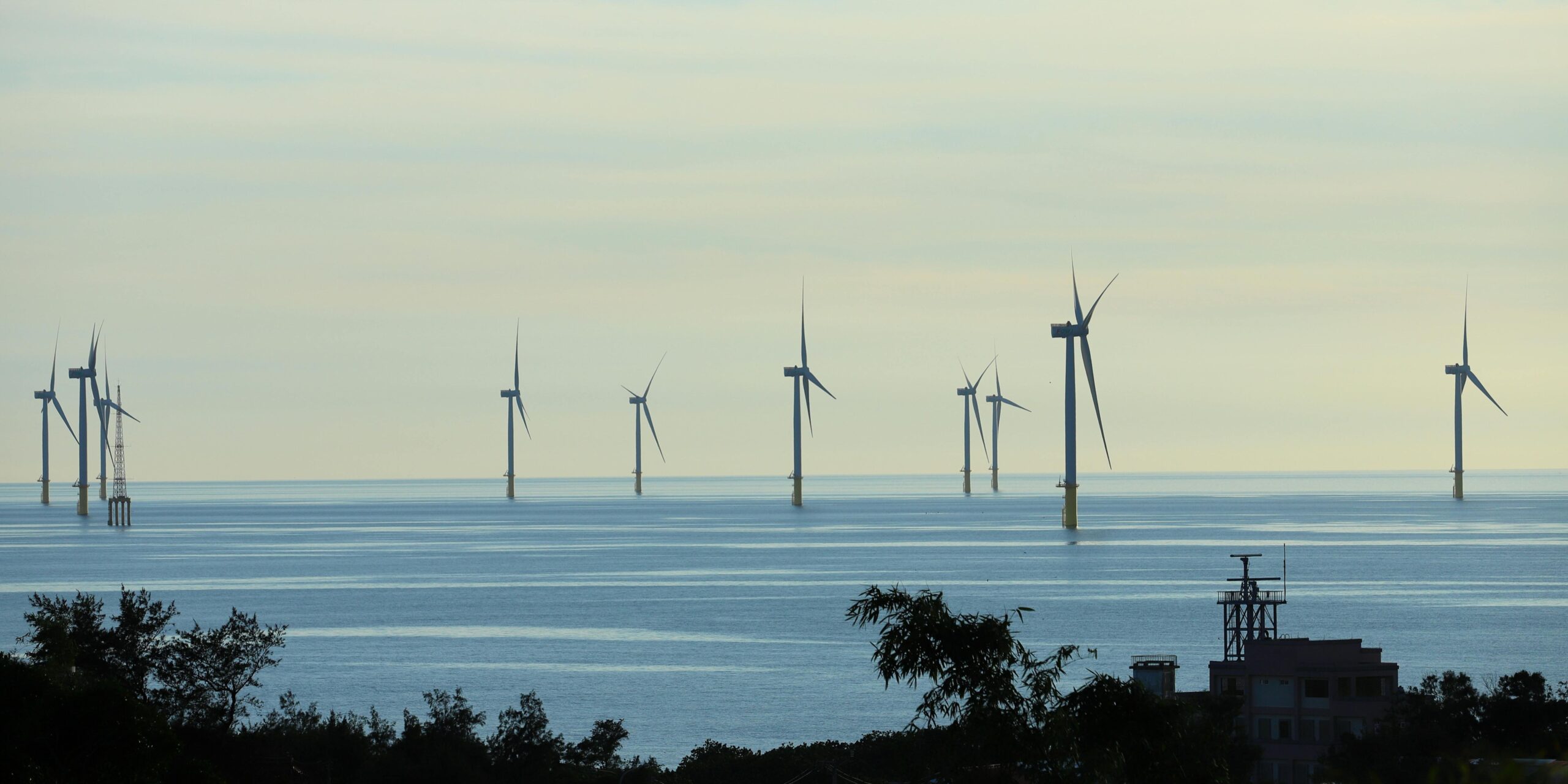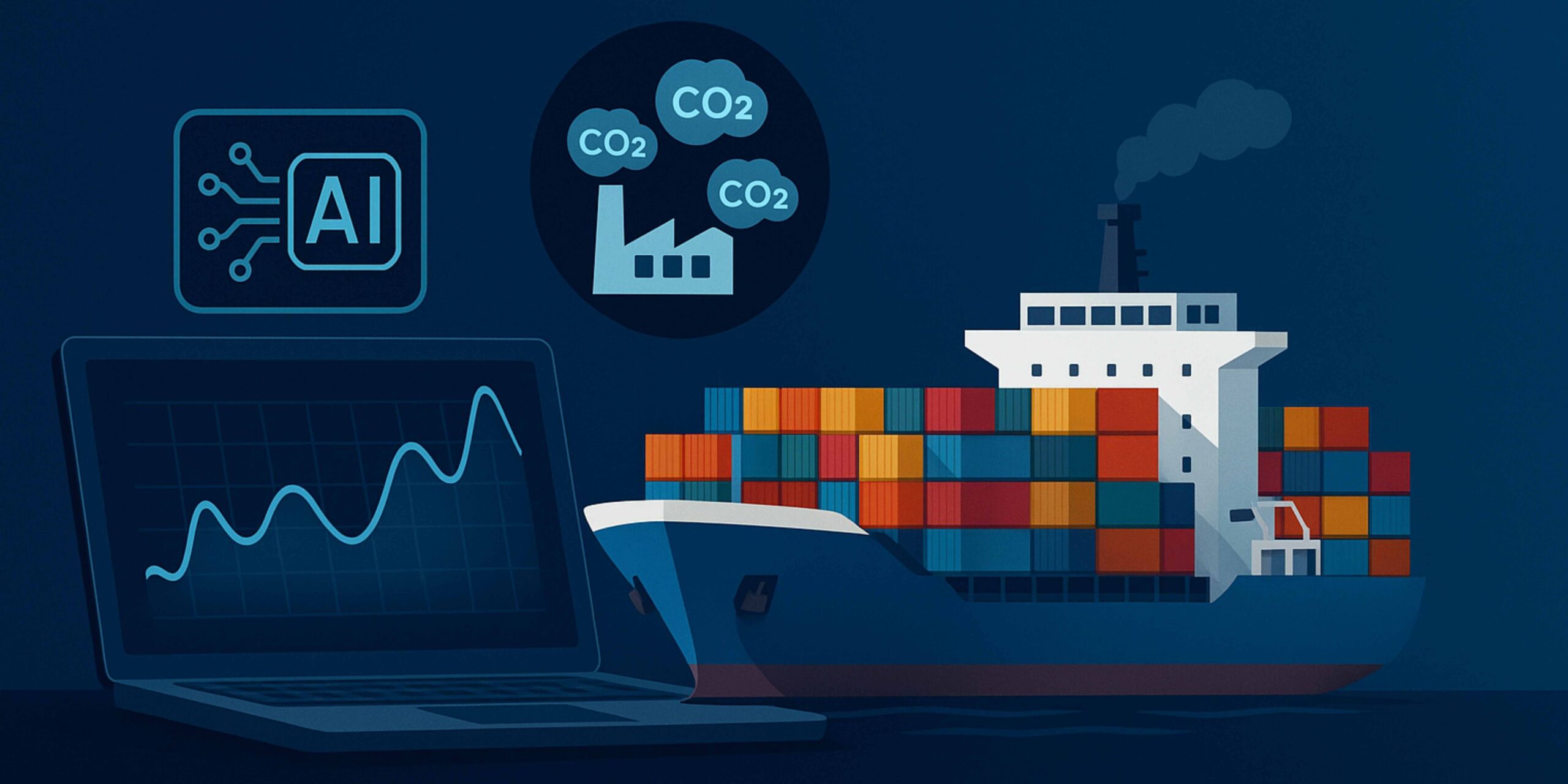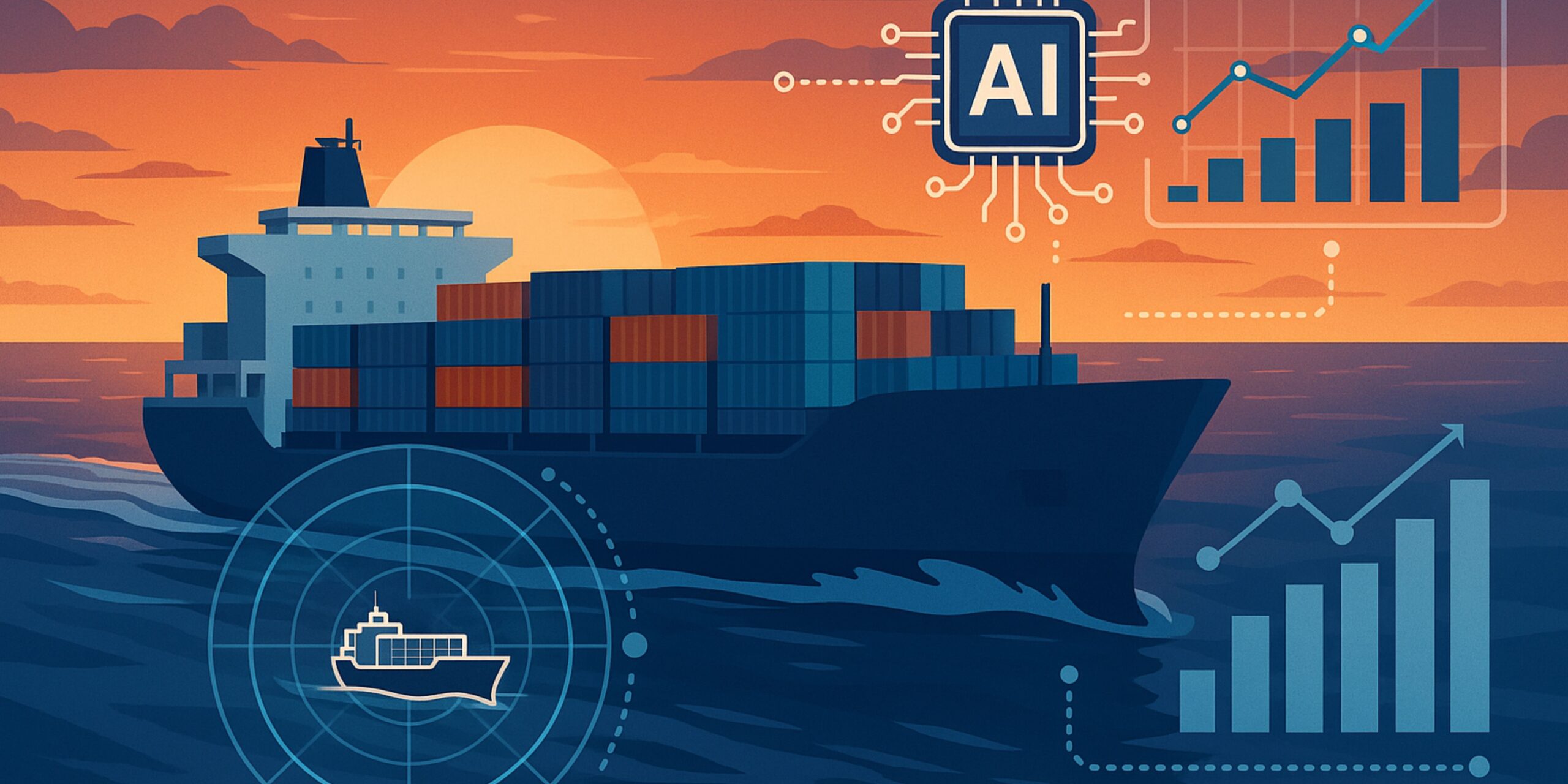The Future of Maritime Sustainability
The International Maritime Organization (IMO) has set ambitious emission targets, aiming to cut greenhouse gas emissions from shipping by at least 40% by 2030 and reach net-zero emissions around 2050 compared to 2008 levels. To meet these milestones, shipping companies must adopt alternative fuels, smarter digital solutions, and innovative ship designs at a faster pace. What will be the future of maritime sustainability as this industry strives to reach these ambitious goals?
The Role of Metocean Data in Decarbonization Strategies
The term metocean blends meteorology and oceanography, referring to the combined study of atmospheric and sea conditions. Metocean data includes wind, waves, currents, and temperatures that significantly influence vessel efficiency. When integrated with artificial intelligence, this data enables more accurate forecasting for route planning, engine output, and energy use.
AI models trained in high-resolution metocean inputs can predict optimal travel paths, avoid rough waters, and minimize fuel consumption. Continuous monitoring ensures that decisions adapt in real time to changing conditions, helping operators make smarter, data-backed choices. As global efforts toward decarbonization intensify, precise metocean analysis has become a critical asset for performance planning and long-term energy strategies at sea.
What Future Trends Will Shape Maritime Sustainability?
Experts forecast several trends that will shape sustainability in the maritime sector over the next decade. The increased use of AI and IoT technologies will make fleet management, maintenance, and route planning far more efficient.
Stricter emissions regulations are expected as international bodies push toward climate goals for 2030 and beyond. Green corridors, dedicated routes where low-emission vessels are prioritized, will become more common, encouraging cleaner trade networks.
A wider adoption of alternative fuels such as ammonia, methanol, and biofuels will also accelerate as companies seek to meet carbon targets. According to a report by the UK’s Lloyd’s Register, over 40% of operators plan to invest in alternative propulsion solutions by 2030, signaling strong momentum toward sustainable practices.
How Do Sinay’s Solutions Help Lower Emissions?
Our company offers Metocean Analytics and Open Ocean, advanced platforms that empower offshore project teams to plan with unmatched precision. We provide access to extensive hindcast data covering wind, waves, currents, temperature, and salinity across the globe.
Using our tools, users can define average conditions, extreme values, and validation dates to create tailored reports for any site. With Metocean Analytics, we help tender managers and marine professionals dramatically mitigate weather-related risks and minimize downtime through advanced analysis. Open Ocean, trusted for over a decade, is the next generation of metocean planning, combining collaborative tools and faster processing.



